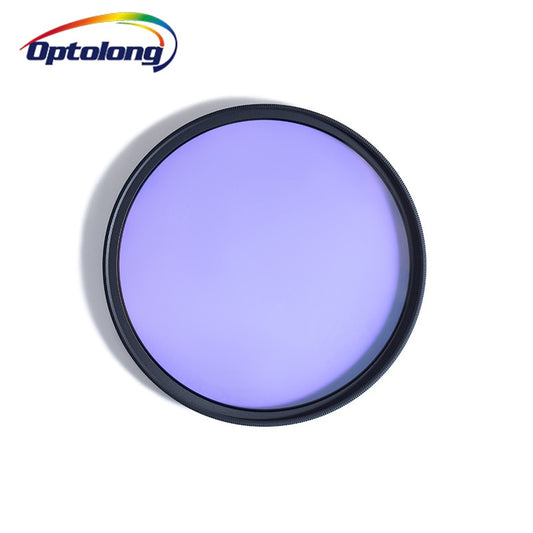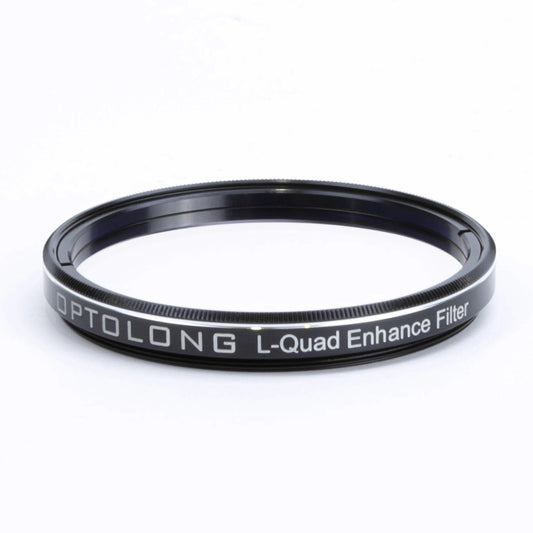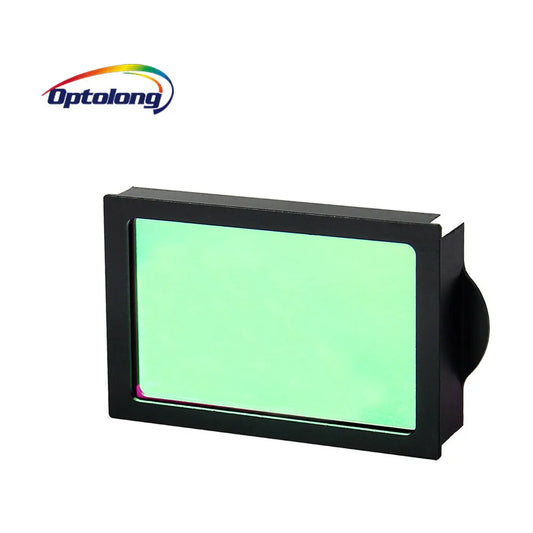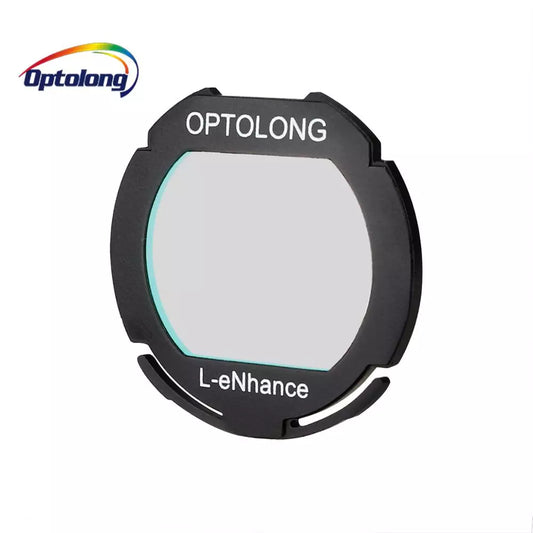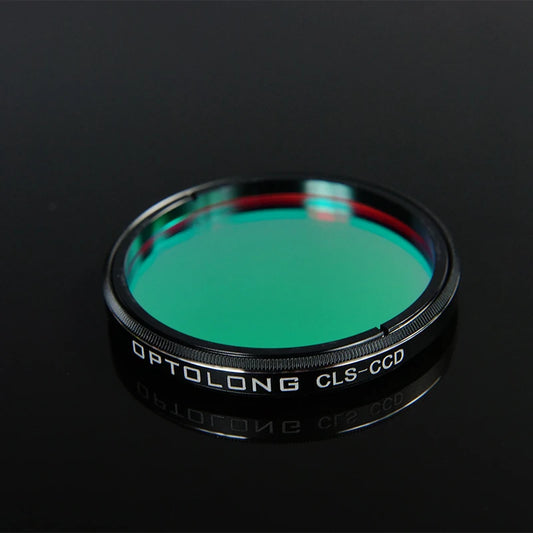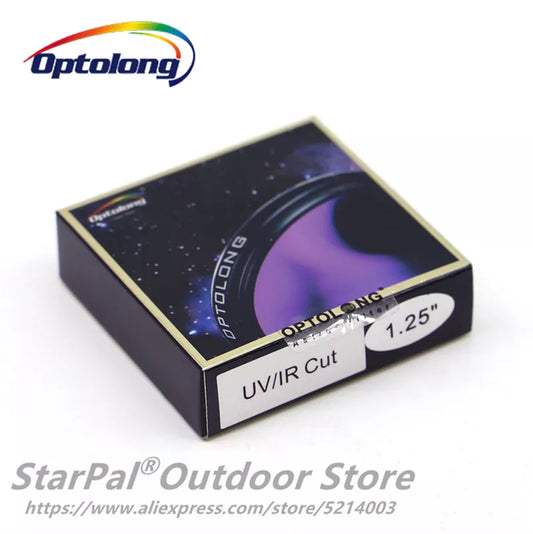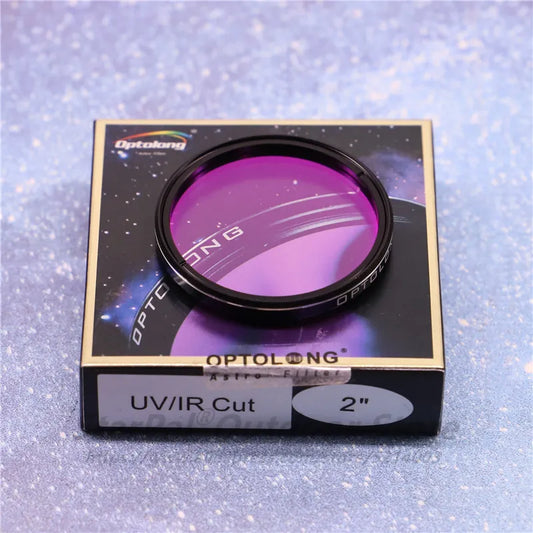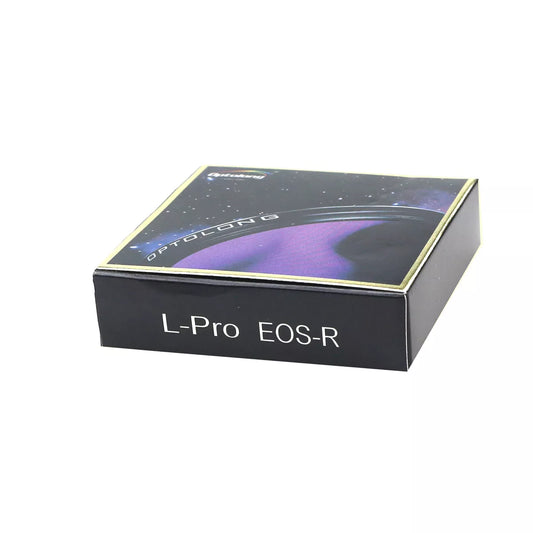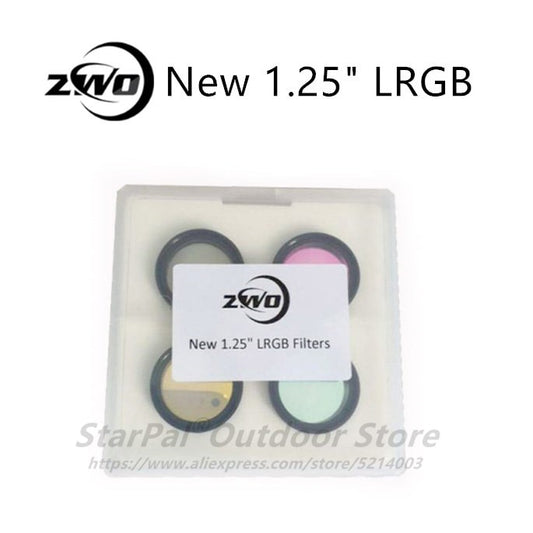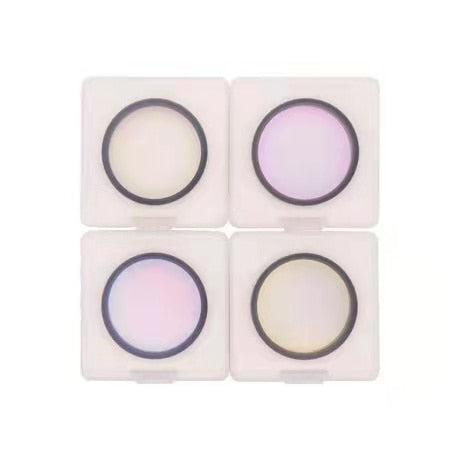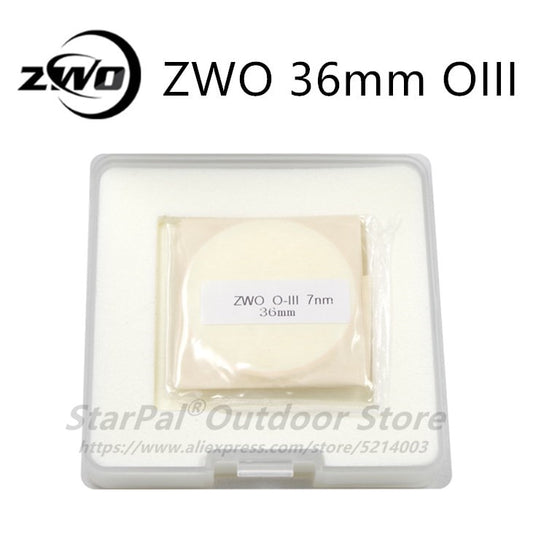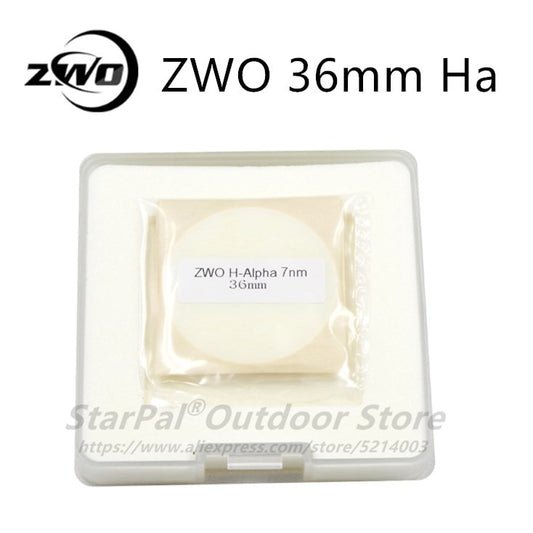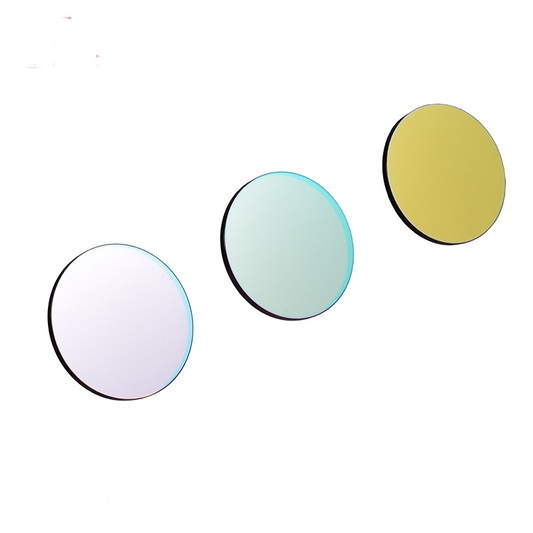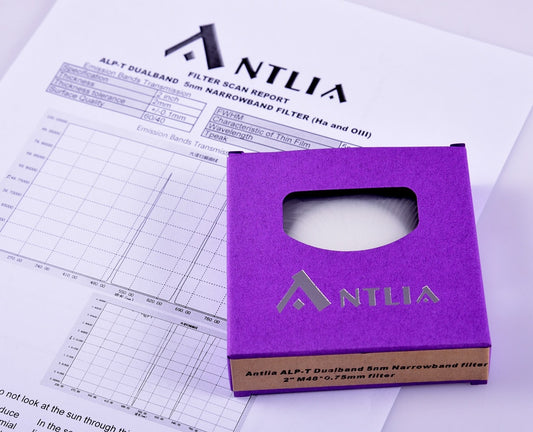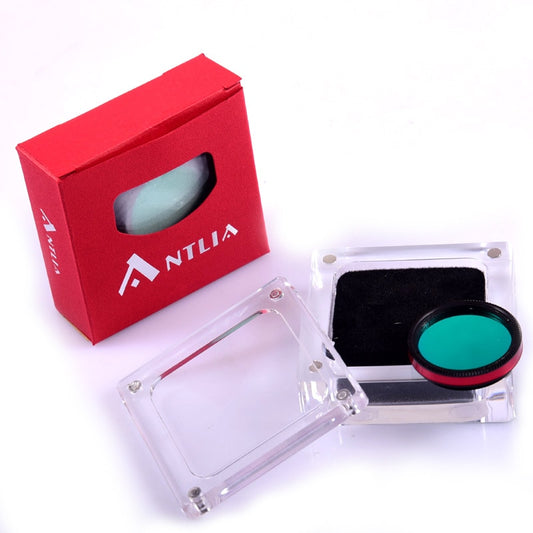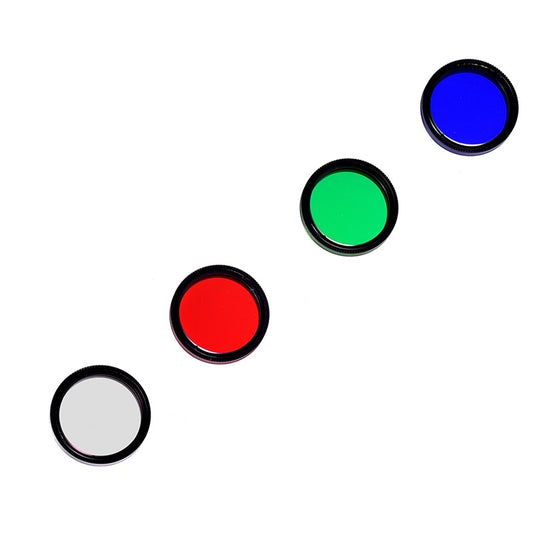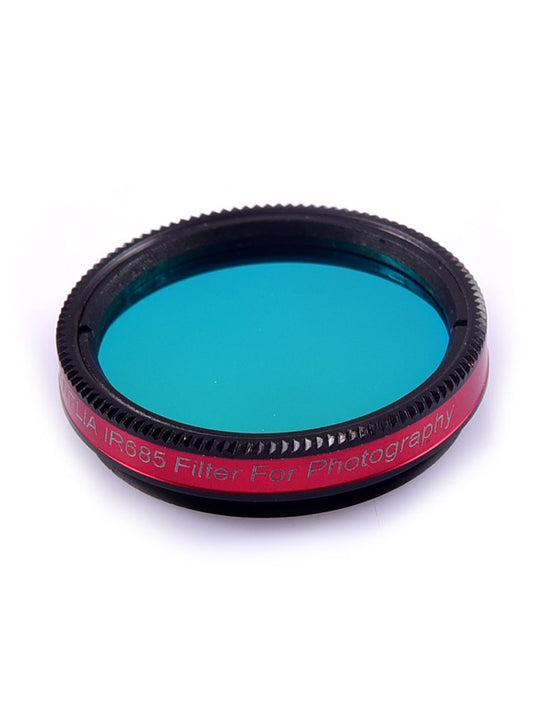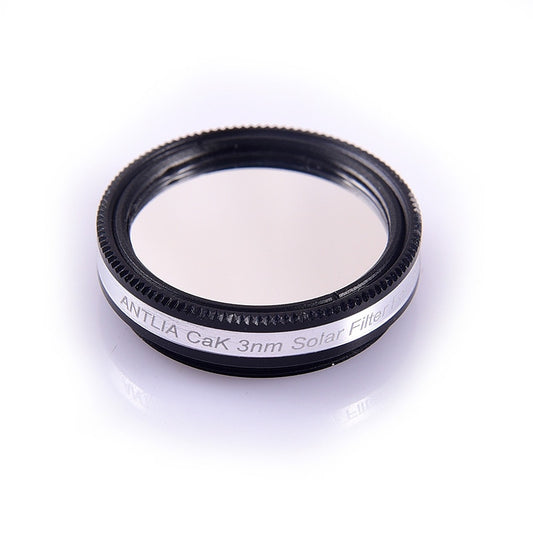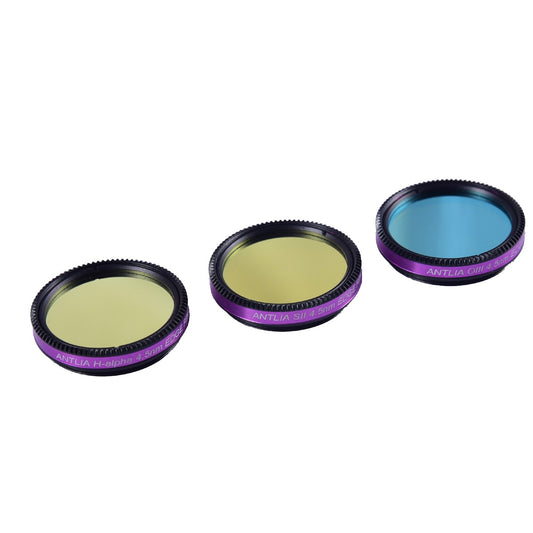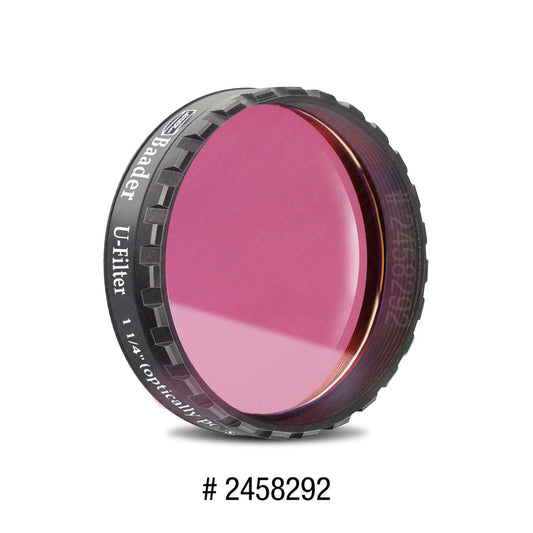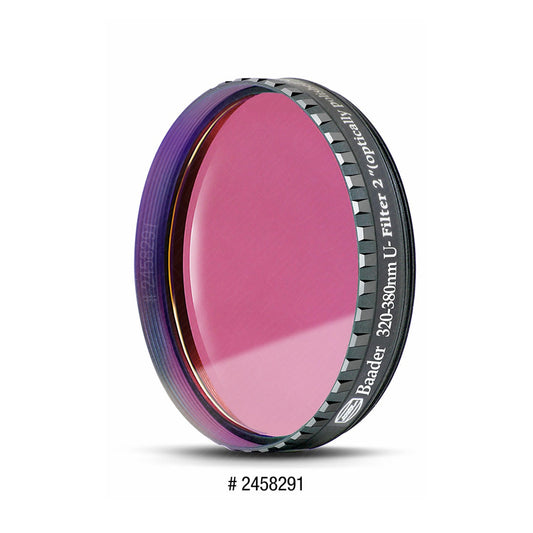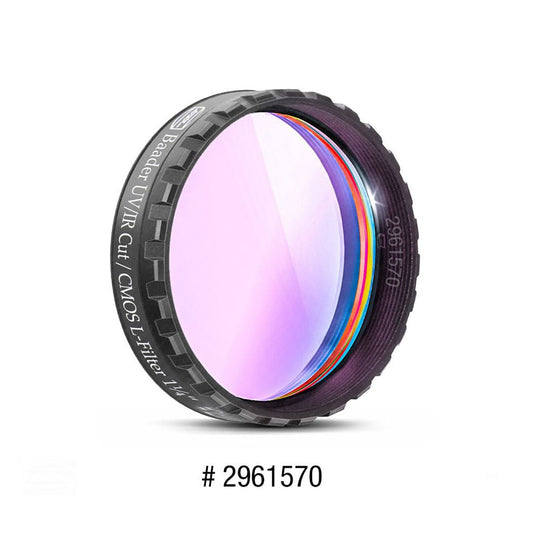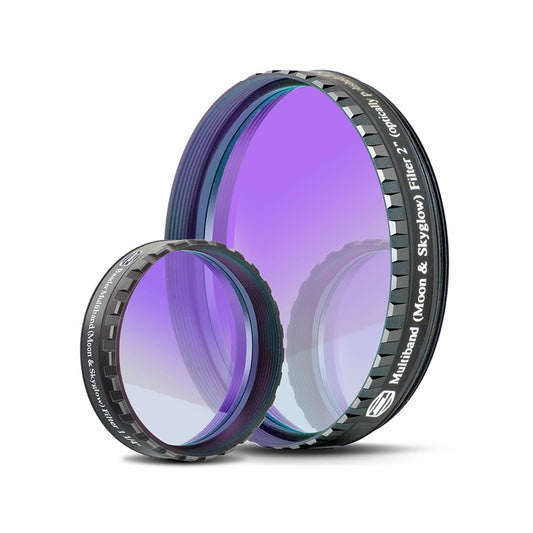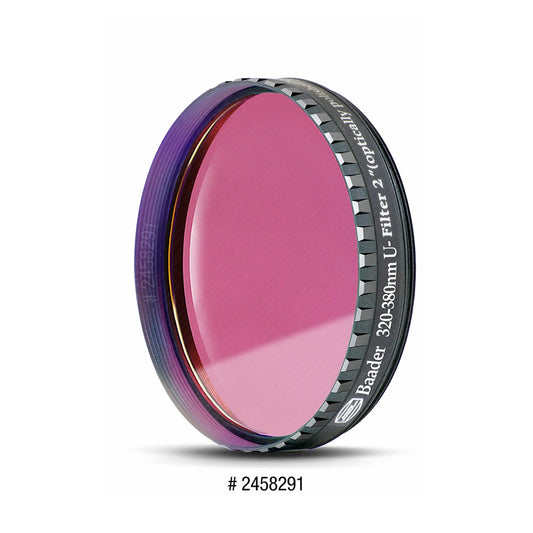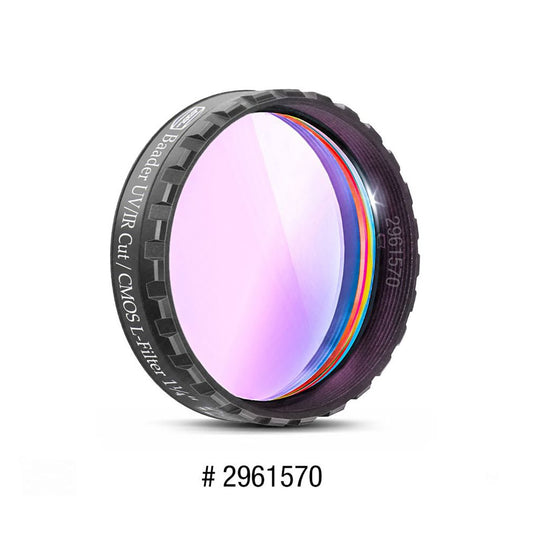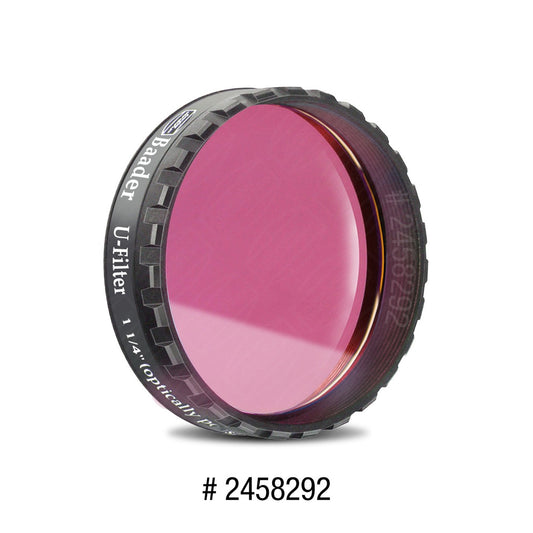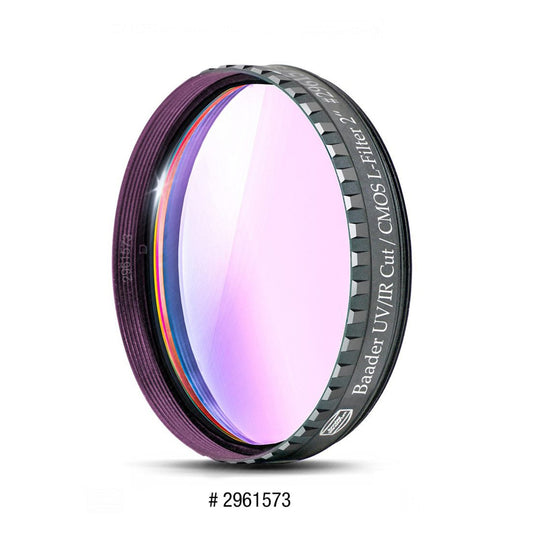Do Light Pollution Filters Work? A Guide to Enhancing Your Astrophotography
Astrophotography is a fascinating hobby that allows us to capture stunning images of the night sky. However, capturing clear and detailed photos of stars, planets, and other celestial objects can be challenging due to the presence of light pollution. This is where light pollution filters come in - but do they really work? In this guide, we'll explore the effectiveness of light pollution filters and how they can enhance your astrophotography.
What is Light Pollution?
Before we delve into the effectiveness of light pollution filters, let's first understand what light pollution is. Light pollution refers to the excessive and misdirected artificial light that illuminates the sky, making it difficult to see the stars and other celestial objects. Light pollution can come from various sources such as streetlights, buildings, and car headlights.
How Do Light Pollution Filters Work?
Light pollution filters are designed to selectively block out specific wavelengths of light that contribute to light pollution, while allowing other wavelengths of light to pass through. This helps to reduce the amount of light pollution in your photos, revealing more details in the night sky.
The most common types of light pollution filters are the UHC (Ultra High Contrast) filters, the CLS (City Light Suppression) filters, and L-Pro filters. UHC filters are ideal for capturing deep-sky objects such as nebulae and galaxies. CLS filters are designed to reduce light pollution in urban areas and are perfect for capturing images of the moon, planets, and bright stars. L-Pro filters are a popular choice for astrophotographers who want to capture both deep-sky objects and planets. They selectively block out light pollution while allowing specific wavelengths of light that are important for astrophotography.
Do Light Pollution Filters Really Work?
The effectiveness of light pollution filters depends on various factors such as the level of light pollution in your area, the type of filter you're using, and the quality of your equipment. However, in general, light pollution filters are effective in reducing light pollution and enhancing the quality of your astrophotography.
Using a light pollution filter can help you capture more details in the night sky, revealing stars and other celestial objects that would otherwise be obscured by light pollution. Additionally, light pollution filters can enhance the contrast in your images, making them appear sharper and more vibrant.
It's important to note that light pollution filters are not a magical solution that will completely eliminate light pollution from your photos. They can only reduce the effects of light pollution and improve the quality of your images. Therefore, it's essential to choose the right filter for your specific needs and to use it in conjunction with other astrophotography techniques.
Conclusion
Light pollution is a significant challenge for astrophotographers, but light pollution filters can help to reduce its effects and enhance the quality of your images. By selectively blocking out specific wavelengths of light, light pollution filters can help you capture more details in the night sky and improve the contrast of your photos. While they may not completely eliminate light pollution from your photos, they are an essential tool for any astrophotographer looking to capture stunning images of the cosmos.
More Light Pollution and Filters Topics:
- What Filters do I need for Astrophotography
- Top 10 Best Filters for Astrophotography
- Hydrogen Alpha Filter
- Optolong l-Pro vs l-Enhance vs l-Extreme
- Planetary Filters
- Solar Telescope Filters
- Best Filter for Galaxies
- ND Filter for Astrophotography
- Light Pollution Filters for Telescope
- Light Pollution Filter for DSLR
- Astrophotography Filter Drawer
- What Filter to use for Astrophotography
- How to put a Filter on a Telescope
- Best Light Pollution Filter for DSLR Astrophotography
- How does Light Pollution affect the visibility of Stars
- Light Pollution Definition
- Light Pollution Filter Astrophotography







